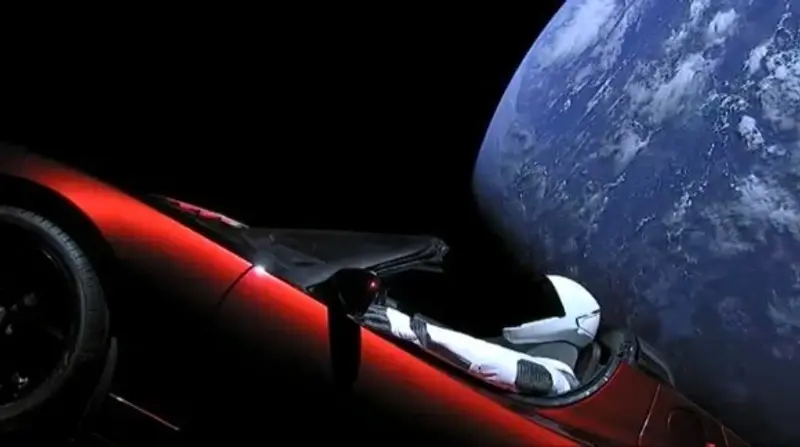
As of the market close last night, shares in electric vehicle-maker Tesla were trading at $887.06. That means that the stock has more than doubled so far in 2020, yet more stunningly, it has soared 395% since hitting 178.97 lows last June.
Minutes after the opening yesterday the shares crashed through $960 ($961.86 at the peak), boosted by news that the firm’s battery joint venture with Panasonic had made its first profit.
MAKING A PROFIT, FINALLY
The multi-day rally has come in response to a complete rethink of the business model by investors. Tesla’s cars start at $40,000 or so and can set back customers as much as $100,000 for the premium models., with all the bells and whistles.
Selling enough of these relatively expensive motors has been a big concern until recently. Cynicism in some quarters even speculated that the company was virtually insolvent, such was its need for funding as its burned it way through billion of investment dollars.
But the mood started to change following record production volumes last year. Tesla believes it can sell more than 500,000 vehicles in 2020 having ironed out manufacturing issues with its entry-level Model 3 and got its China-based manufacturing plant up and running.
In the third and fourth quarters of 2019 the company posted profits, confounding sceptics and sending the shares soaring.
Traditional car-makers are having a hard time by comparison. Yesterday Ford posted a fourth-quarter loss and lowered its earnings forecast for this year due to higher warranty costs and ongoing investment in self-driving cars. Ford shares dived 9% on the news, wiping more than $3bn off its market value.
INDEX BUYING AND SHORTS FUELING THE SHARE PRICE
One of the reasons for the parabolic rise is that many large institutional investors have been underweight Tesla shares compared with their weighting in the Russell 1000 index, for example. As the price has risen, so the 'risk' of being underweight has risen which has driven them to buy shares.
On the other side of the coin are short sellers who are getting stopped out in their droves, or in other words, are being forced to buy shares to cover open positions. Despite some short-covering in the last few weeks there is still some $14bn in short interest in Tesla stock according to financial analytics firm S3 Partners.
That amounts to around 13% of the outstanding shares, although at one stage last year short interest in the stock accounted for almost 25% of the shares. As short sellers hit their 'stop losses' and are forced to buy stock to close their positions, it drives the price higher, forcing other short sellers to do the same.
VALUATION LOOKING STRETCHED
At the close last night, Tesla’s $160bn market value was greater than the combined market value of volume car-makers Fiat-Chrysler, Ford and General Motors.
That’s despite the three firms selling more cars and trucks in a fortnight than Tesla can sell in a year. Last year Tesla sold less than 370,000 vehicles against GM which sold 7.7 million vehicles by itself.
Some observers liken the rise in the share price to the bubble in tech stocks such as Qualcomm in 2000, the bubble in oil stocks in 2008 as crude prices topped $140 and the bubble in Bitcoin in 2017, the suggestion being that like all bubbles the rally in Tesla shares is bound to end badly.
However, the assumption that traditional car-makers will eventually catch up with and overtake Tesla is now firmly in question. As bulls of the stock argue, Tesla may actually be increasing its lead in vital technology, not least its batteries. That could mean Tesla emerges as the dominant force in the electric vehicle market with enormous profits and cash flows to match.
As ever, how much investors are willing to bet on Tesla's ongoing rapid growth remains to been seen.




